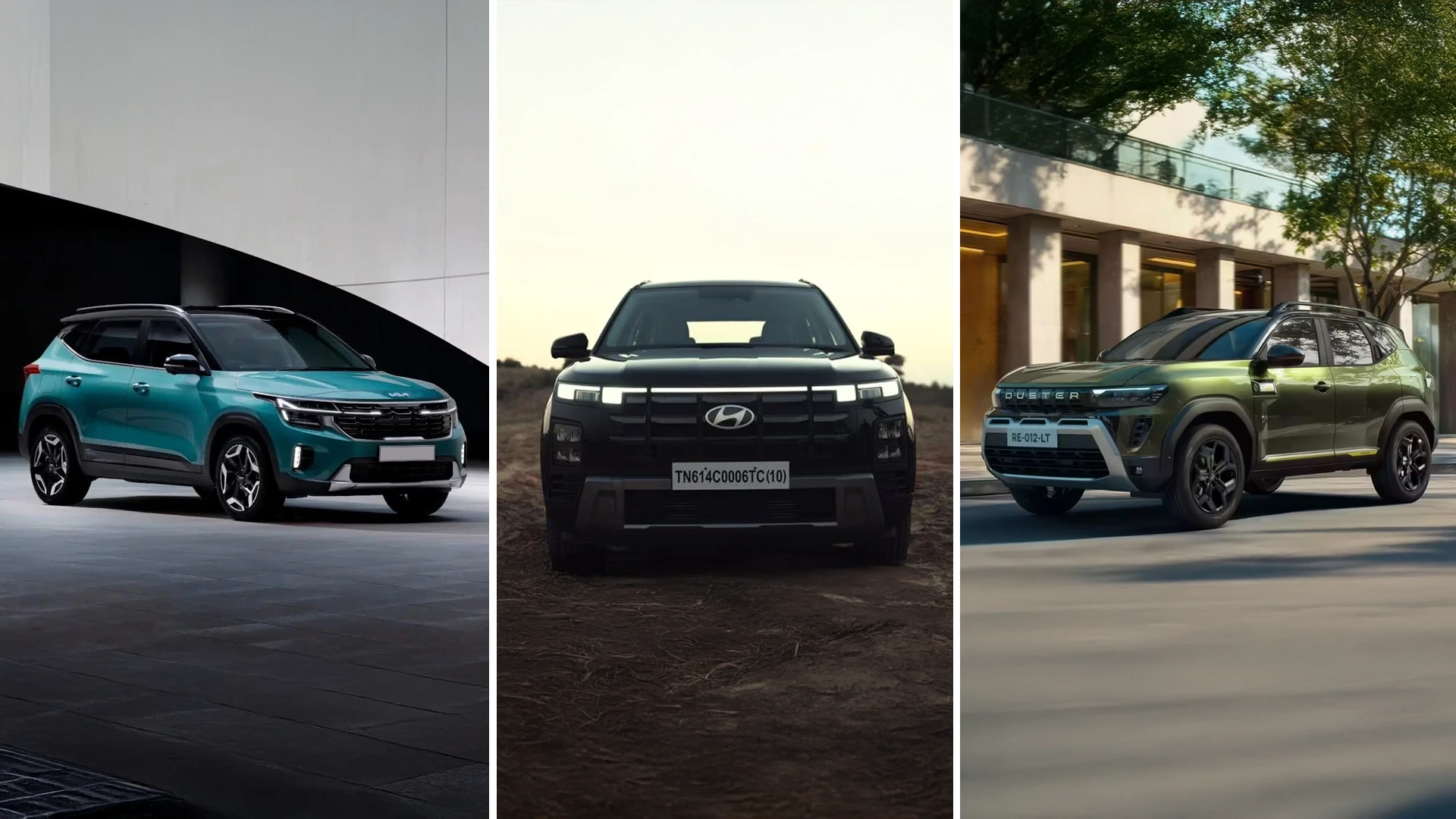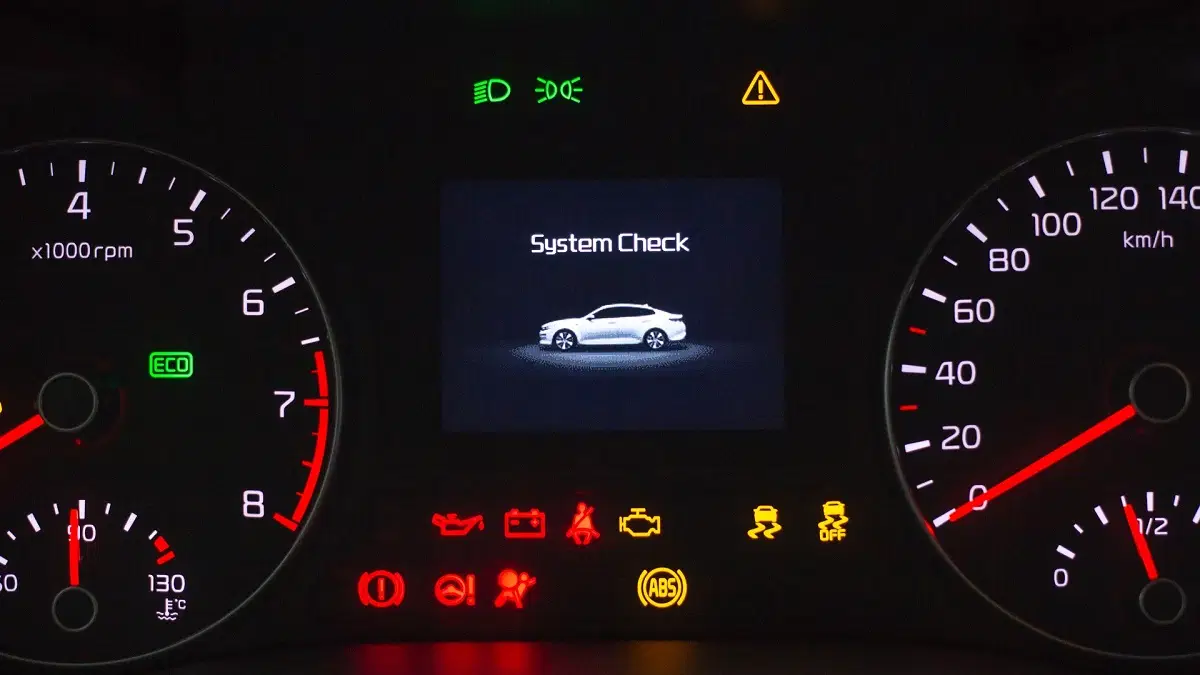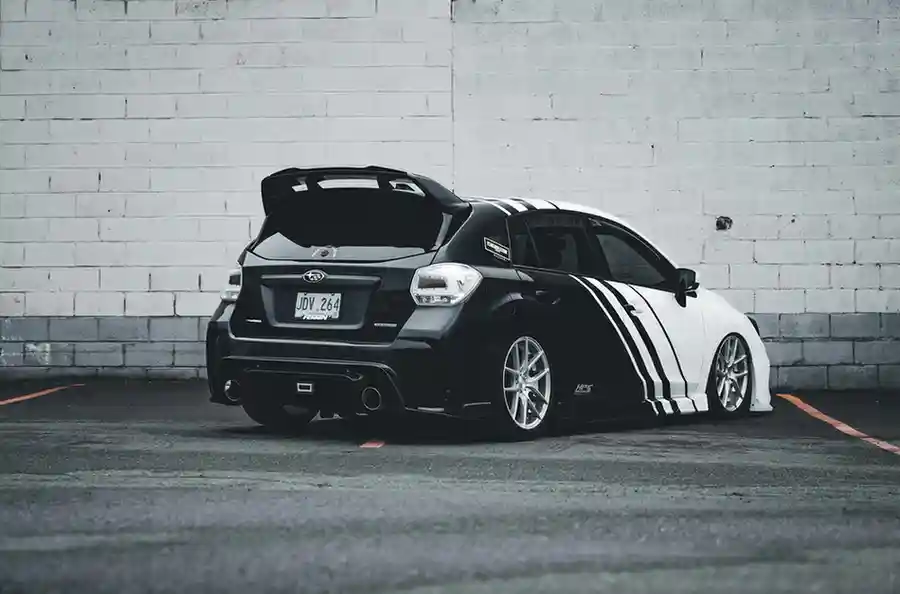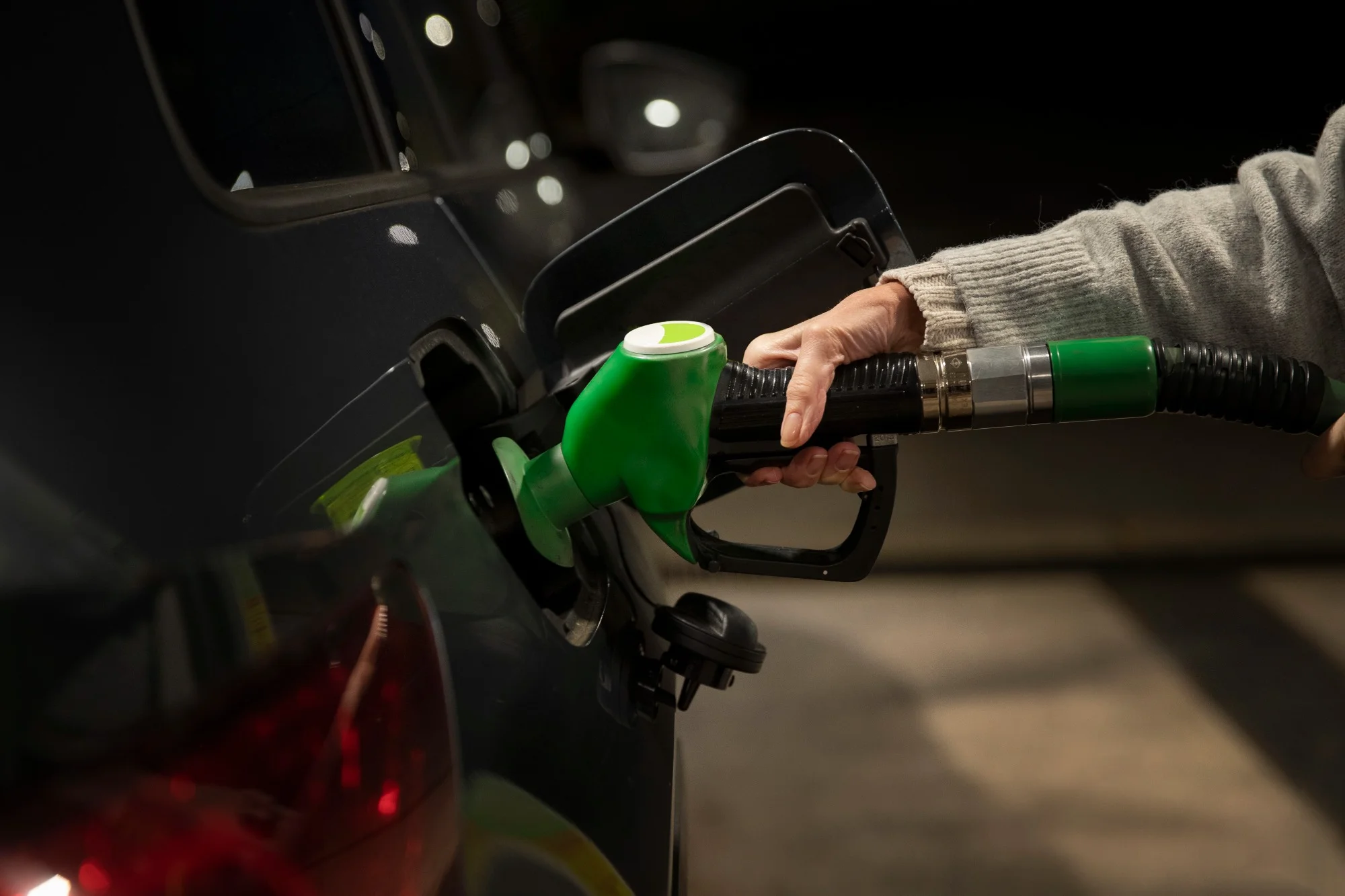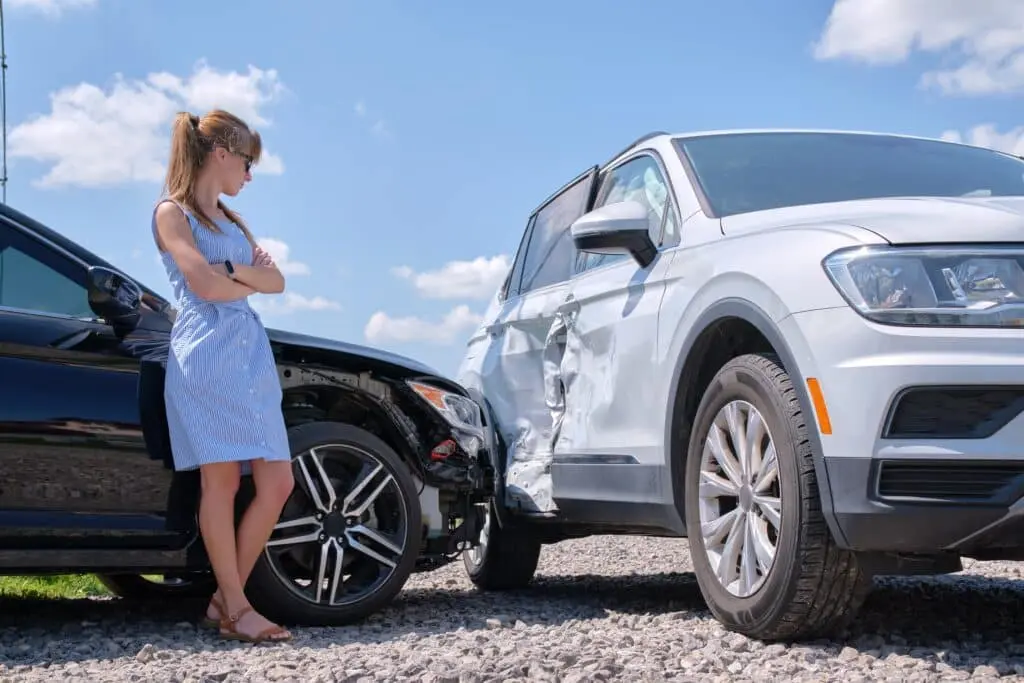
Table of Content
▼In a car accident, the best thing to do is to stay away from the situation. But sometimes we get confused for various reasons. Distracted driving, drunk driving and being hit by a car are some of the most common causes of car accidents, according to Stan Love, a top car accident lawyer in Aventura. That's because when a car accident occurs, survival is the number one priority.
Check yourself, passengers and surrounding vehicles for injuries
The adrenaline and shock of an accident can impair your vision or prevent you from dealing with injuries caused by the accident. Please watch yourself and those around you for any signs of trouble.
First, assess the damage and ask those in the car if they can move, if they are in pain, and where they could be injured. If the passenger does not respond, check to see if he or she is awake. Do not move an unconscious person, as they may sustain injuries that may not appear immediately. Also, if the person is conscious but in severe pain, keep them still until emergency services arrive. Improper movement and first aid can cause more harm than good and should be left to professional medical personnel.
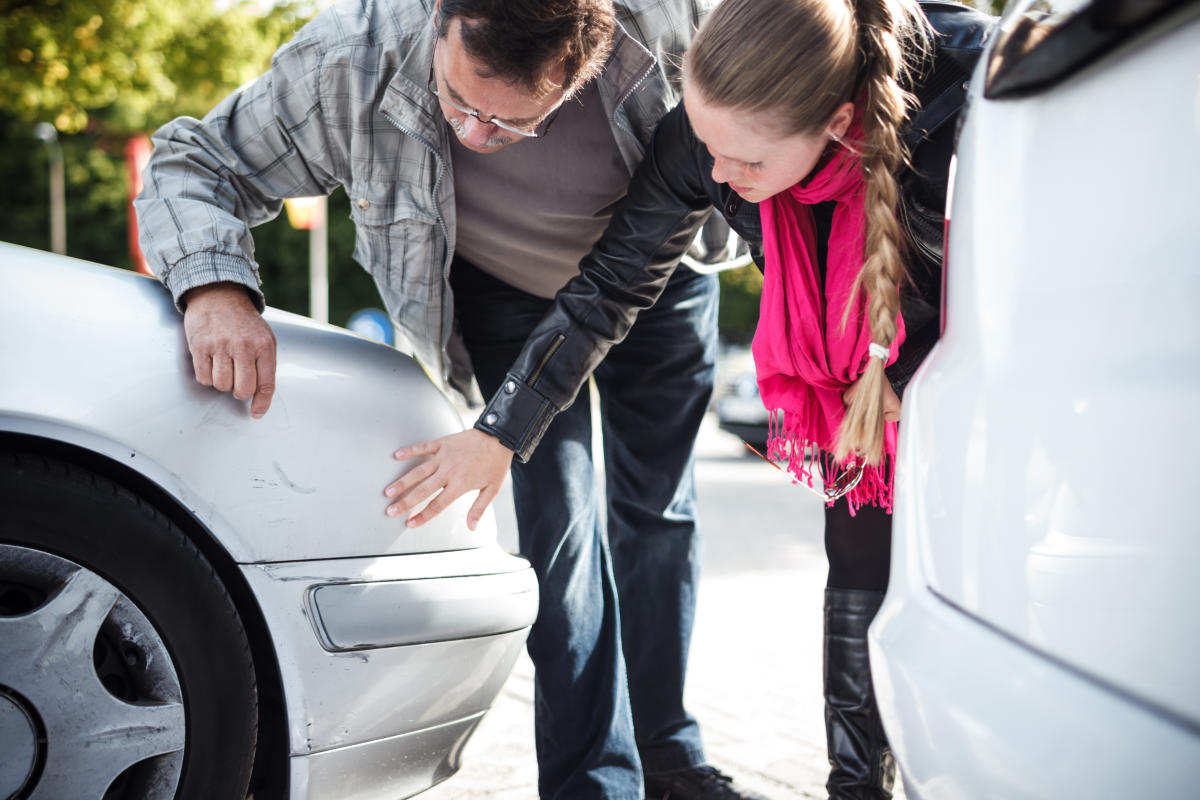
If you can, move your vehicles and go to safety
If there are no injuries or your injuries are so minor that medical personnel can treat them later, you should move your vehicle as soon as possible. Only do this step if your vehicle is safe to drive and poses a road hazard. If your car or other vehicle is too damaged to be removed from the road, move you and all passengers to a safe place and have the vehicle towed. Find a nearby parking lot, open road, or other open area where emergency responders are not in traffic or creating road hazards.
Keeping your cars off the road not only ensures your safety, but also the safety of others. Depending on the location of the accident, approaching drivers may not be able to see or react, causing injuries or more injuries. Also, remove yourself and your vehicles from the scene quickly to avoid dangerous road conditions.
Call the authorities
Whether there are injuries or not, you should call the police regardless of who caused the accident. The severity or slightness of the accident, whether minor, major, or something in between, should not prevent you from alerting authorities. First responders have additional resources to help move disabled vehicles and ensure traffic safety. Various reasons to make an urgent call include:
- Verification of all parties involved and the legal status of their vehicles
- Provides detailed information for future insurance claims, which can be crucial for aftercare and compensation
- Accurate descriptions of the accident and road conditions
- Photographic or video evidence if one party committed a crime
- Designation of fault as to why the driver caused the accident – even if you believe he or she is at fault, you will need this designation to report to insurance
- Police can offer protection and safety to the injured
- Dispatching firefighters and ambulances can provide life-saving care
- It is often the law for significant accidents and can help you avoid charges, fines or liability for an accident
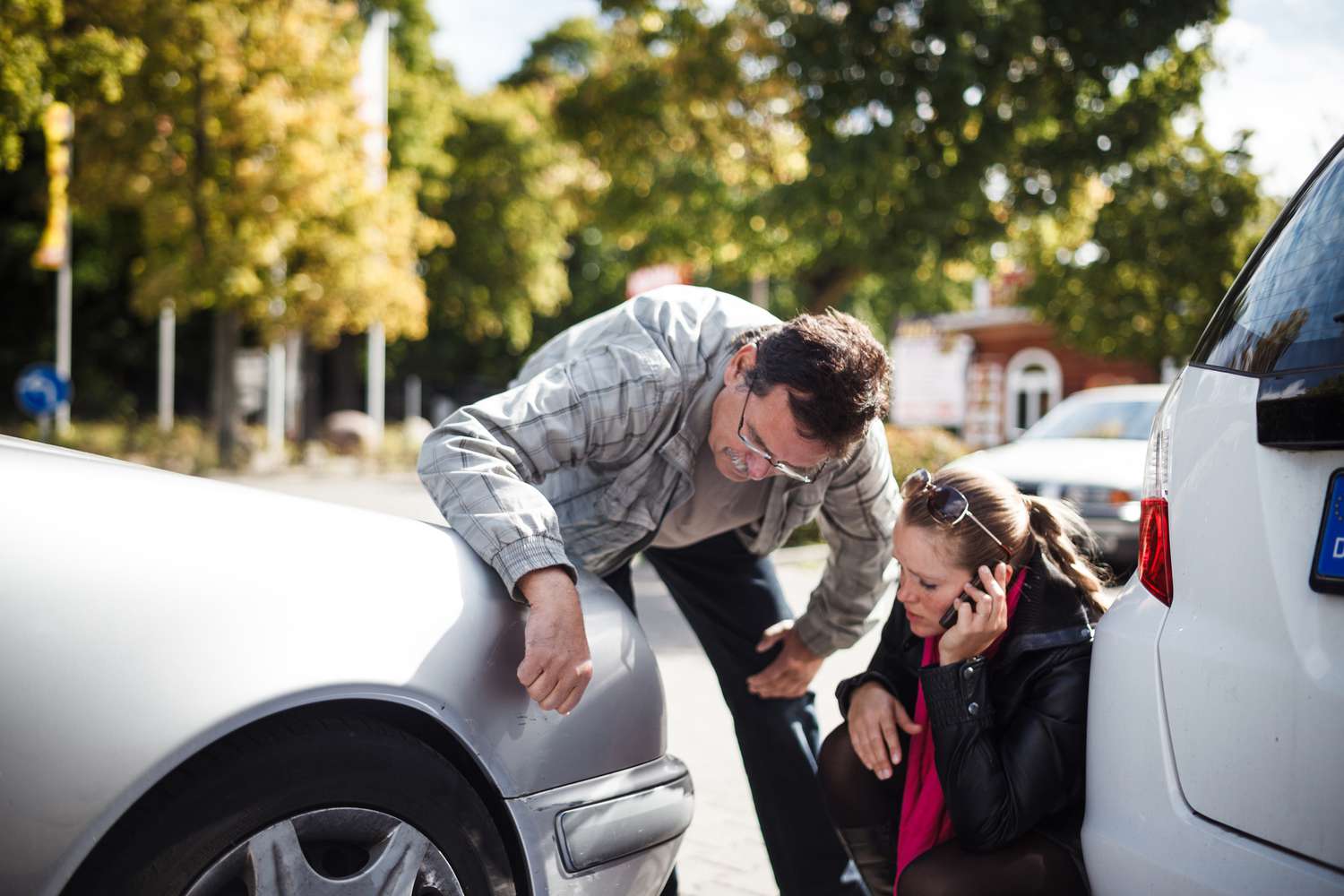
The only time you can avoid calling authorities is if the accident is extremely minor, there are no injuries, all vehicles can operate without loss of function, and all parties are in agreement.
Exchange information with all interested parties
After the accident occurs, there will be issues in the discussion of filing a lawsuit. Whether the other driver was at fault or not, insurance companies will request the name, address, insurance information, license number, and license plate number, as well as make, model, and damage records for all vehicles involved. You can write this information down on a piece of paper, a note-taking app, or best of all, take a photo. You don't want to remember things, because writing them down or retelling the information later won't be considered strong evidence, and you may be disappointed when reality is different.
Take detailed notes and photos of any damage
While police may take photos of an accident as evidence, authorities may expect to share them with you or your insurance company. It is then advisable to take your own photos of any damage to your vehicle and, if the other party allows, to their cars as well. The more information you provide about your claim, in the case of undisputed photos, the faster it can be processed. In addition, you can make notes about damages, such as leaks, the vehicle's odometer and warning lights, which can help mechanics with repairs. If bystanders and witnesses are willing to share their information, try to collect as much as possible.
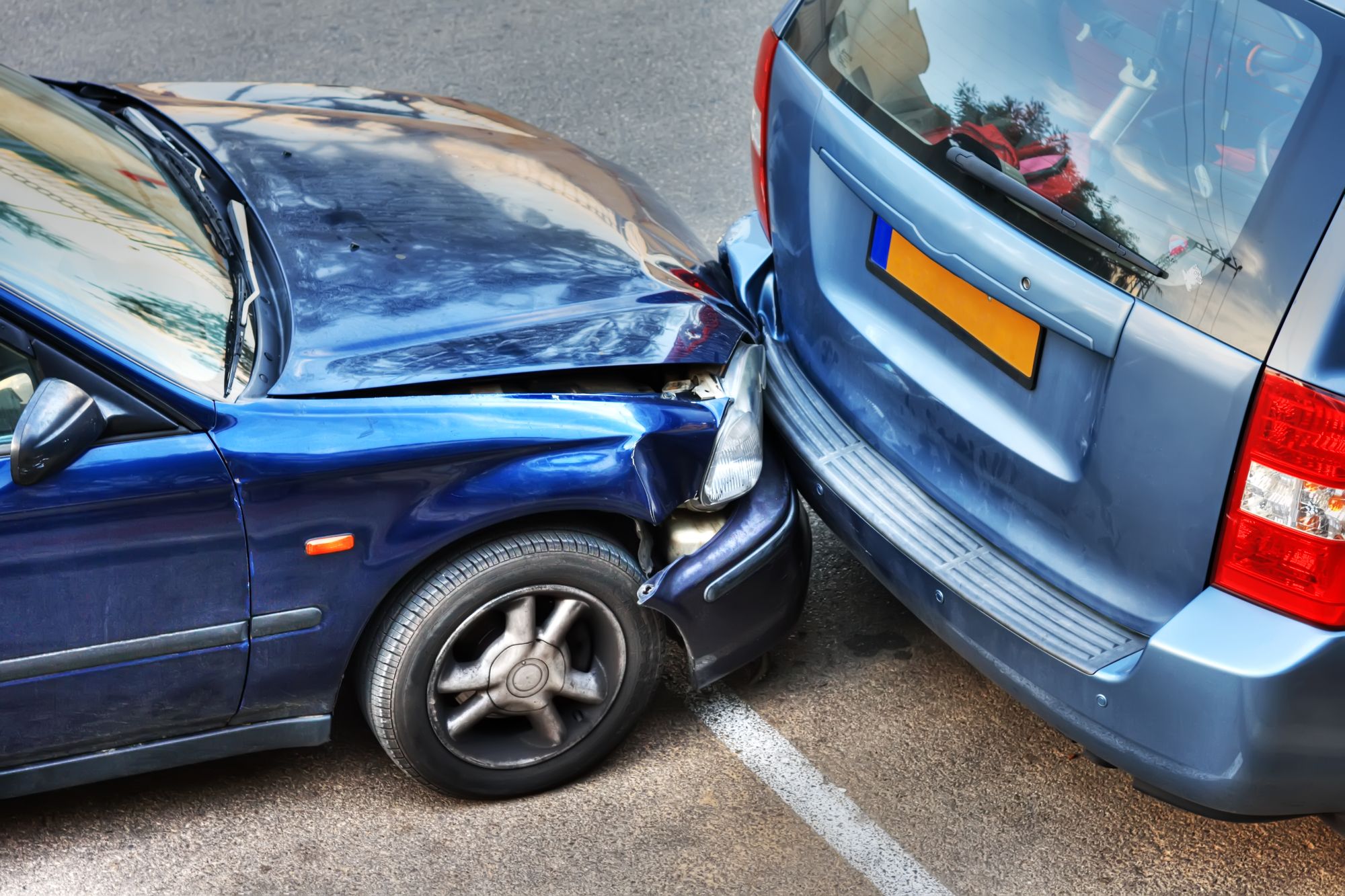
Frequently Asked Questions (FAQs) About What to Do After a Car Accident
Q: What is the first thing I should do after a car accident? A: The first thing you should do is check for injuries. If anyone is injured, call emergency services immediately. If everyone is safe, move your vehicle to a safe location, if possible, to avoid further accidents.
Q: Should I call the police after a minor accident?
A: Yes, it's important to call the police even for minor accidents. A police report can be crucial for insurance claims and determining fault.
Q: What information should I exchange with the other driver?
A: Exchange names, contact information, insurance details, driver's license numbers, vehicle registration information, and license plate numbers. It's also helpful to get the names and contact information of any witnesses.
Q: Should I take pictures of the accident scene?
A: Yes, take pictures of the accident scene, including all vehicles involved, any damage, the surrounding area, and any visible injuries. This documentation can be valuable for insurance claims and legal purposes.
Q: Do I need to inform my insurance company about the accident?
A: Yes, report the accident to your insurance company as soon as possible. Provide them with all the necessary details and any documentation you have collected.
Also Read: Over 10 lakh motor accident claims pending in India, worth INR 80,000 crore: RTI data
Karan Bhatia
Karan Bhatia is an automobile expert and reviewer with 8+ years of experience test-driving cars, bikes, and EVs. He provides honest, detailed, and practical reviews that highlight performance, design, safety, and value for money. His expert insights help readers make confident choices when buying their next vehicle.
_1771411501.webp)
_1770372474.webp)
